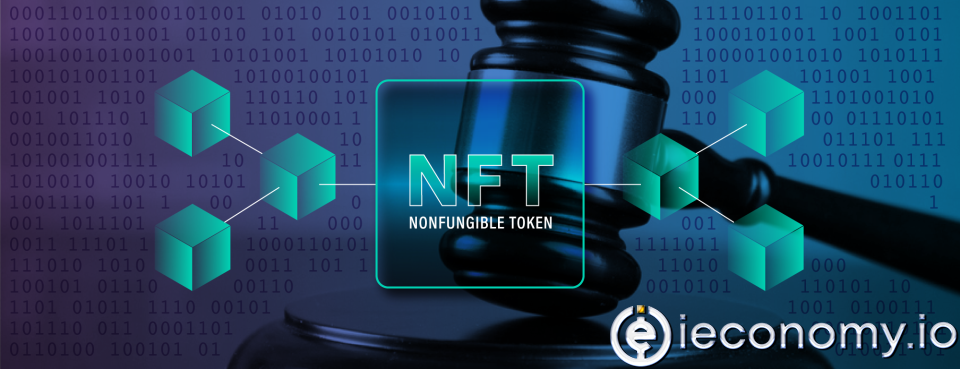11098
0
NFT Collections will be Regulated Like Crypto by Law!
In June, the EU reached an agreement on the MICA draft law on the regulation of NFT Collections. This law is not yet available as a text...

Yazar: Charles Porter
Yayınlanma: 12 Ağustos 2022 19:09
Güncellenme: 3 Mart 2026 05:15
NFT Collections will be Regulated Like Crypto by Law!
In June, the EU reached an agreement on the MICA draft law on the regulation of NFTs. This law is not yet available as a text, although it sets out the political aspects of the legislation. In theory, the latest draft of MICA exempts NFTs from regulation. The only analogy offered is that NFTs are similar to other crypto assets. Therefore, they are not considered completely similar. However, recent statements by Peter Kerstens, an official at the European Commission, suggested otherwise. According to Kerstens, policymakers in the EU do not know much about NFTs. As a result, the exemption will only favor some entities.
In addition, the official said that the requirements of the MICA law will also apply to some collectible tokens. Although he said that the tokens in the collection are different, this will not make a difference. As a result, issuers of NFT collections will have to publish a whitepaper. The publisher will need to outline the operating protocol of NFTs in the whitepaper. Furthermore, the legislation will prohibit vendors from presenting false information about NFTs and providing excessive benefits. Therefore, there should be no disclosures in the description that would mislead to purchase in NFTs, it added. National governments in the EU had previously opposed the idea of including NFTs in the MICA bill. The bill was originally intended to protect investors in ICOs (Initial Coin Offerings) and stablecoins. Therefore, they believe that adding NFTs is not justified. However, the MEPs who had to sign the bill want to pursue tough policies. They believe that the NFT sector is prone to price manipulations, such as trading. The European Commission's MICA draft law was first published in 2020. Since then, there has been much debate to amend various aspects of the legislation. Meanwhile, regulators in Korea still have not come to a clear decision on how to govern the crypto sector. However, it is possible that they will take suggestions from the US and the EU, which have passed several laws for crypto regulation. In June, Korean authorities announced that they would start working on the Digital Asset Basic Law in October. This legislation will clearly govern the use of cryptocurrencies in the country. Source: nfxhaber.comİLGİLİ HABERLER





European stocks soared and focus shifted to German retail sales after Powell's speech!

Forex Signal For TRY/USD: Inflation Slowdown in November.

Forex Signal For GBP/USD: Bullish Trend Still Not Breaking While Recovery Continues.

Forex Signal For EUR/USD: Starry US Data Points to Higher Fed Increases.

Forex Signal For BTC/USD: Downside Continues as Bitcoin Recovery Moves Less.
En Popüler Haberler
Yorum Yap
Yorumlar
Henüz yorum yapan yok! İlk yorumu siz yapın...